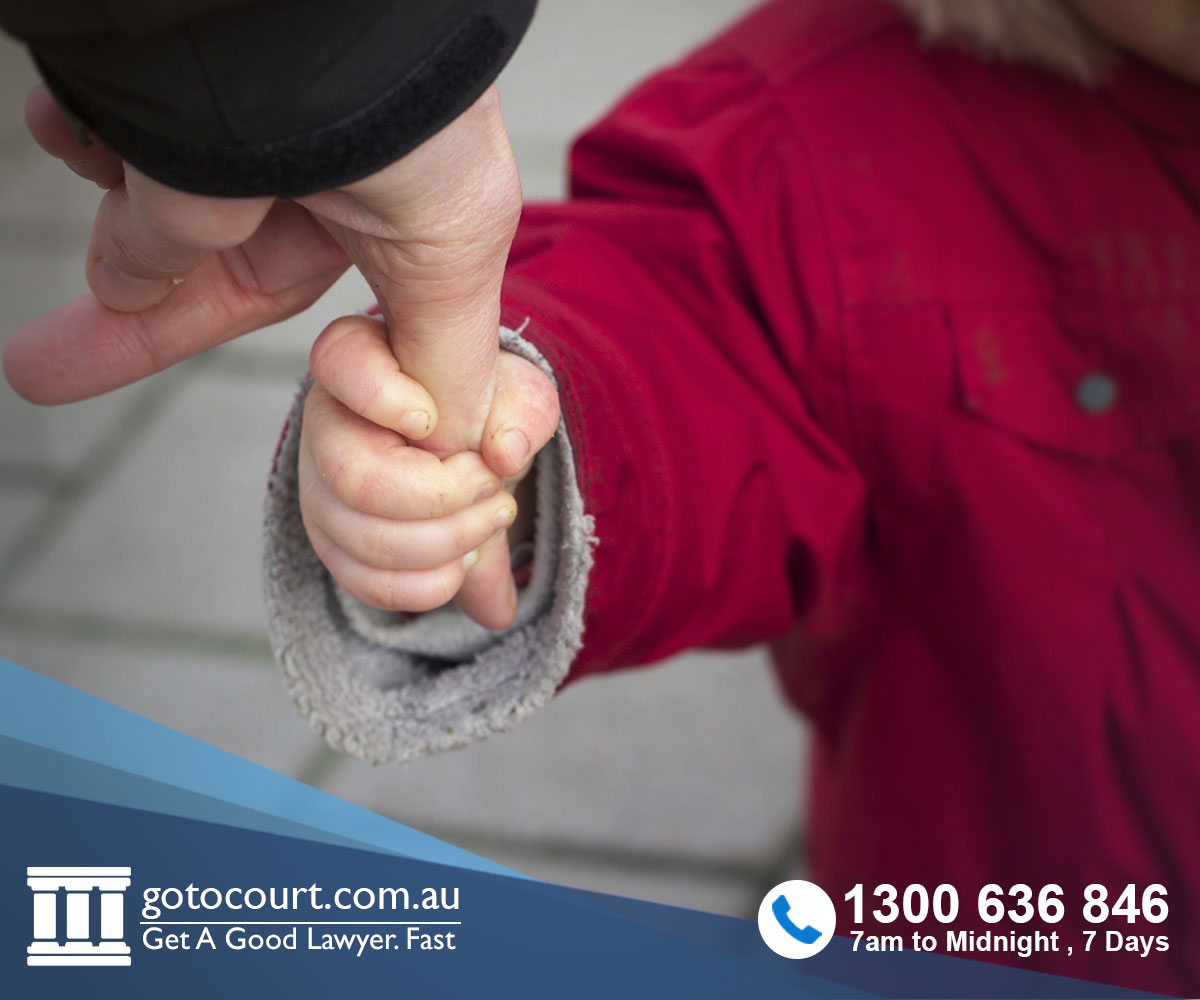Residential Tenancies (SA)
A residential lease is a rental agreement between an owner of a property and another person for the use of the premises for living purposes. South Australia’s rental laws underwent significant changes during 2024. This page deals with residential tenancies in South Australia, as the law now stands.
Legislation
The Residential Tenancies Act 1995 and the Residential Tenancies Regulations 2010 set out the obligations of landlords and tenants in South Australia. Disputes about residential tenancies are dealt with by the South Australian Civil and Administrative Tribunal.
Bond
A landlord is South Australia may require a tenant to pay a security deposit at the start of a lease.
For a tenancy where the weekly rent is less than $800 per week, the bond must not be more than four weeks of rent. For a tenancy where the weekly rent is more than $800, there is no limit on the amount of the bond.
Rent
A tenant must pay their rent on time.
A property that is advertised for rental must be advertised for a fixed amount of rent. Landlords must not solicit offers of rent that are more than the advertised amount.
A tenant must be provided with a method for paying rent that is convenient and does not involve being charged a transaction fee.
The rental amount much not be increased more than once is a 12-month period.
Pets
A tenant may keep a pet on rental premises with the consent of the landlord.
A landlord must not refuse permission to keep a pet unless:
- there would be more than a reasonable number of animals on the premises
- the premises are unsuitable for the pet
- keeping the pet would pose an unacceptable risk to the health and safety of a person
- keeping the pet would contravene a law
- the tenant has not agreed to reasonable conditions
- the animal is not a pet
- if the premises is a movable dwelling, keeping the pet would breach a condition of the licence that applies.
Minimum standards
A landlord must ensure the premises comply with the minimum housing standards. These include that the premises have electricity, effective drainage, are weatherproof and maintained so as to prevent vermin infestation.
Subletting
If a tenant wishes to sublet a rental property, they must seek permission form the landlord before doing so. A landlord must not unreasonably refuse.
Termination
Since the 2024 changes, landlords in South Australia may no longer terminate a tenancy without a reason.
A landlord may terminate any tenancy where the tenant is in breach of the agreement (subject to a notice period).
A landlord may terminate a periodic tenancy (subject to a notice period) at the end of the term where:
- the property is to be demolished
- the property is needed for renovations to be done
- the landlord or their family is going to live in the property
- the landlord has entered into a contract for the sale of the property.
A landlord may terminate a fixed-term tenancy at the end of the fixed term with 60 days notice.
Residential tenancy disputes
Residential tenancy disputes may arise due to unpaid rent, repairs that have not been carried out, or rental increases that a tenant considers to be unreasonable.
If a landlord believes a tenant is in breach of a lease, they can issue a Notice to Remedy. This gives the tenant a period (usually seven days) to rectify the breach. If the breach is not rectified within this timeframe, the landlord may take possession of the premises.
If a tenant believes that a landlord is in breach of a lease, they can issue a written notice of breach. This gives the landlord a period to rectify the problem. If the landlord fails to do so, the tenant can terminate the lease by vacating the property.
A tenant who believes that a landlord is in breach of a lease should not respond by withholding rent. The payment of rent is a separate issue from a breach of a lease by a landlord. A breach by a landlord does not justify a failure to pay rent.
Resolving residential disputes
Tenants and landlords should try to resolve disputes between themselves where possible.
Where an agreement cannot be reached privately, either party may apply to the South Australian Civil and Administrative Tribunal. SACAT can hear matters regarding requests for repairs, rental disputes, bond disputes and other landlord/tenant disputes.
SACAT will usually refer parties to conciliation prior to hearing an application.
If you require legal advice or representation in any legal matter, please contact Go To Court Lawyers.








